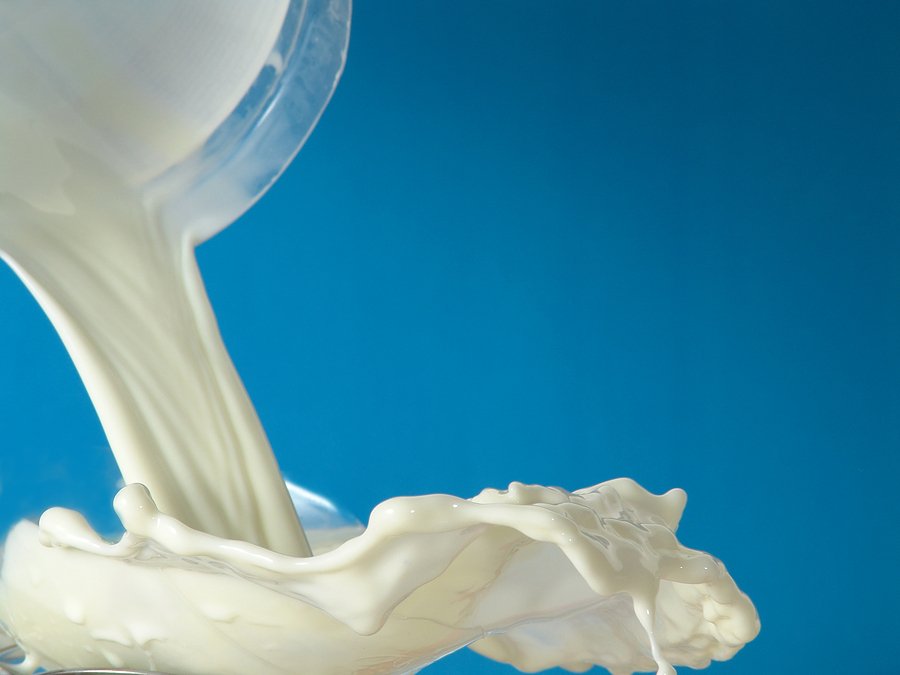You may have seen the headline, “Calcium Supplements Increase the Risk for Heart Attack,” in the news last week. A new study published in the Journal Heart spurred the headlines. A research team from the University of Zurich followed 24,000 people for 11 years and found that people taking calcium supplements had an increased incidence of heart attack. The reason is for the increased risk is unknown. One thought is that calcium supplements might damage the walls of blood vessels; another is that supplements cause a peak of circulating calcium in the system, triggering a heart attack. The study did not find an increased risk for stroke or heart disease.
Interestingly, the increased risk for heart attacks was limited to calcium supplementation, not calcium from dietary sources. In fact, a higher intake of dietary calcium was found to reduce the risk of heart attack in this study.
On the National Institutes of Health website, Dr. Robert Recker, director of the Osteoporosis Research Center at Creighton University and president of the National Osteoporosis Foundation, disagreed with the study results. “I am doubtful of these findings,” he said. “It’s hard to understand why calcium in the diet can reduce the risk of heart attack, but supplements increase the risk.”
Recker stated that calcium supplements do prevent a significant number of fractures. He recommends taking a calcium supplement only if you aren’t getting enough calcium from your diet. If you don’t eat a lot of dairy products, Recker advised taking two separate doses of 500 mg of calcium a day.
Keeping bones strong is a priority for weight loss surgery patients because of the loss of bone density common with weight loss. So, what is a bariatric surgery patient to do with this information? Scientists may be able to give more concrete recommendations regarding calcium supplements in the future. In the meantime, a common sense approach is to build your diet on calcium-rich foods, such as dairy. Low-fat dairy foods and beverages are also a good source of protein and many are fortified with vitamin D. If you are not able to meet the recommendations from dietary sources, then supplement as needed. The Barix Clinics nutritional recommendations are based on the American Society for Metabolic and Bariatric Surgery Nutritional Guidelines:
Gastric Bypass: 1500-2000 mg calcium citrate | 1000-2000 IU vitamin D
Adjustable Gastric Band: 1500 mg calcium citrate | 1000-2000 IU vitamin D
Gastric Sleeve: 1500 mg calcium citrate | 1000-2000 IU vitamin D
| Food/Beverage | Serving Size | mg Calcium |
| Yogurt, plain, low-fat | 1 cup | 415 |
| Yogurt, fruit-flavored, no-added-sugar | 1 cup | 245-384 |
| Sardines, with bones | 3 oz | 324 |
| Milk, low-fat | 1 cup | 302 |
| Milk, buttermilk | 1 cup | 285 |
| Orange juice (calcium-fortified) | 6 oz | 200-260 |
| Salmon, canned | 3 oz | 181 |
| Pudding, made with instant mix | ½ cup | 153 |
| Tofu | ½ cup | 138 |
| Spinach, cooked | ½ cup | 138 |
| Cottage cheese | 1/2 cup | 90 |
Calcium Supplements
If dietary intake of calcium is not adequate to meet recommended intakes, supplementation is recommended to minimize loss of bone density that can occur with weight loss. Here are some things to keep in mind about your calcium supplement:
- Look for calcium citrate rather than calcium carbonate, for better absorption.
- Calcium citrate is bulky and pill size is often large. Look for chews, lozenges, or liquid options. These should have 2 grams or less of added sugars and contain vitamin D.
- Calcium supplements should be spread throughout the day rather than taken all at one time.
- You can take your calcium supplement with your multi vitamin/mineral supplement and with meals or on an empty stomach. Do not take an iron supplement at the same time.
- Include the amount of calcium in your multi vitamin/mineral supplement into the equation. If your multi vitamin provides 200 mg, take that off the additional calcium you need.
- If you experience bloating upon starting calcium supplementation, build up to the recommended dose over a period of two weeks.
- If you have a history of kidney stones or a doctor has told you not to take calcium supplements for another reason, discuss your calcium needs with your Barix nutritionist.


